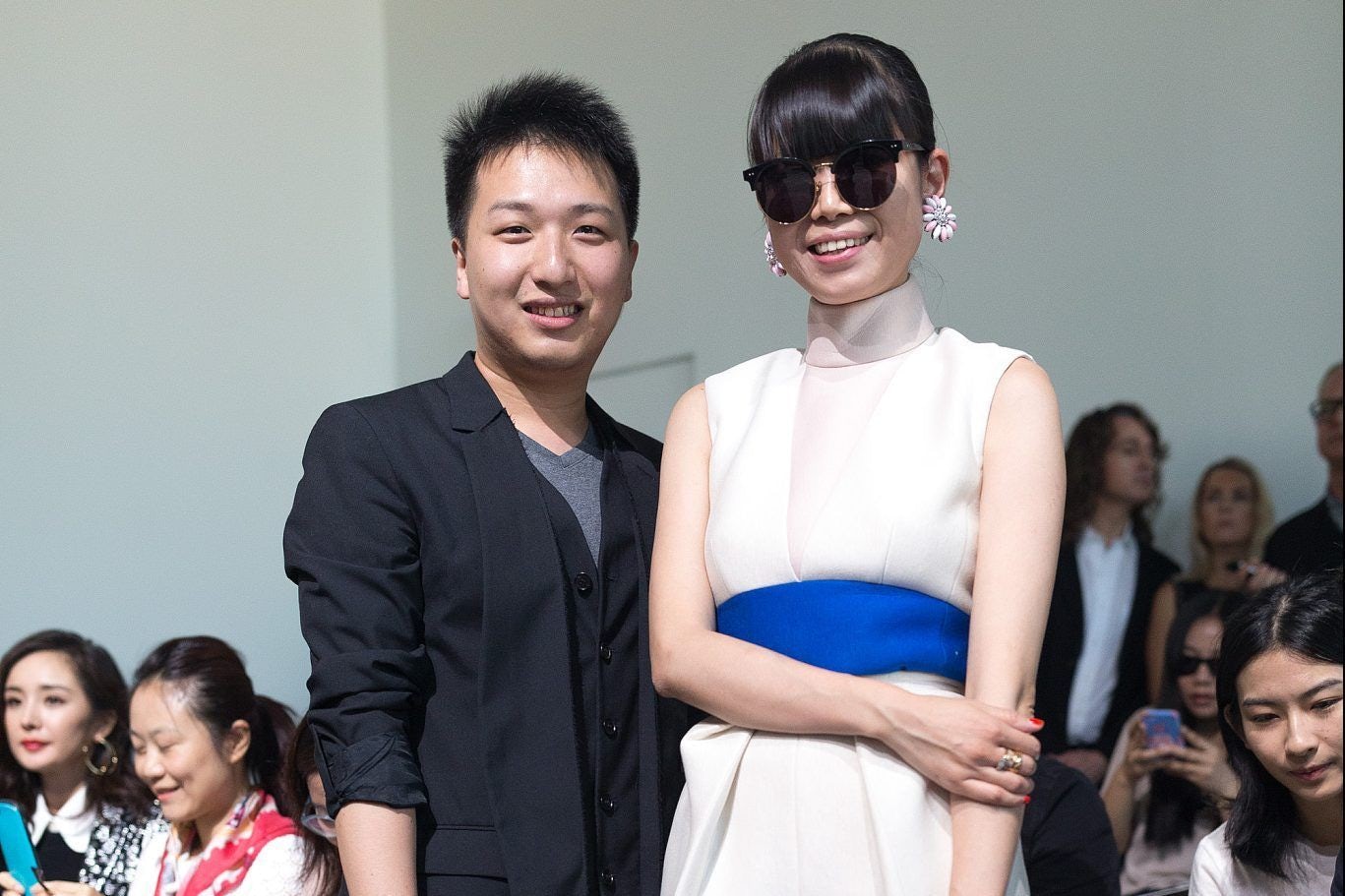The South Korean economy has taken a major hit since March when China instituted a ban against group travel to the country in protest of South Korea's agreement with the U.S. to allow the deployment of the anti-ballistic missile defense system known as THAAD on the Korean peninsula. While the economy is suffering, and Chinese fans turn against Korean companies, in an ironic twist, South Korean companies are looking to Chinese KOLs to help get their messages to fans, though some KOLs refuse to work with them.
Before THAAD and the travel ban, the South Korean duty-free industry had already experienced the magic that Chinese influencers and KOLs could bring to the promotion of their products.
Take this example from earlier this year. In January, South Korean duty-free store HDC Shilla invited four Chinese celebrities with millions of followers, according to the Korea Times, to two malls in central Seoul to shop and broadcast their experiences and introduce a number of new fashion and beauty brands to their Chinese followers. An HDC Shilla official said, at the time, that the promotional video broadcast by the celebrities would likely draw over five million views in one week. 15 Chinese celebrities were also invited by Shilla Duty Free on a five-day trip to Korea to attract Chinese individual tourists to Korea for the Lunar New Year festival in February.
And tourism has been hit hard in South Korea. According to the BBC, the Korea Tourism Organization reports there could be a 27 percent drop in tourism this year from 2016, when Chinese visitors comprised 46.8 percent of tourists to South Korea.
The travel ban has made it difficult for South Korean companies to promote their own products because of the negative feedback they're getting. For example, the official Weibo account of Lotte Duty Free (the South Korean conglomerate whose golf course was chosen as one of the proposed sites of the THAAD deployment) has 7 million followers. On posts on that account, the consumer commentary was highly negative. One said, “I will report this page once every day.” Another said, “Unsubscribe.” A third said, “Never going to shop here.”
So South Korean companies are looking more than ever to KOLs to help them promote through their personal channels. But even that has proven challenging.
Many of the bigger KOLs and influencers have turned down offers to work with South Korean brands, according to a story on Chinese news site Sina. Due to the increasing tension between China and South Korea, KOLs feared that the association with South Korean companies would have a negative impact on their personal brands and would drive their fans away.
“We were warned by Weibo not to post about Korean brands from April to June,” Elijah Whaley, who manages the major Chinese beauty influencer known as MelilimFU (who has over 424,000 followers on Weibo), told Jing Daily. “We still do not work with Korean brands because consumer sentiment is still negative due to Chinese propaganda.”
Of those KOLs still working with South Korean brands, the negative feedback from fans is still very negative. On July 19, one mid-range online influencer named Yang Dalin, who has more than 20,000 fans on Weibo, put up a post promoting a new product by cosmetics brand SK-II that was being offered at discount at a Korean duty-free store.
At the bottom of her post, one person commented, “Why do you still support the South Korean stores?” “Too bad only South Korea has it,” said another. “I can’t go because of the travel ban.” Other commenters simply urged other fans and followers to “Unfollow” the KOL. Yang ultimately deleted the post but left this reason about why she deleted the post for her fans, “Look at the comments. It’s so scary.”


